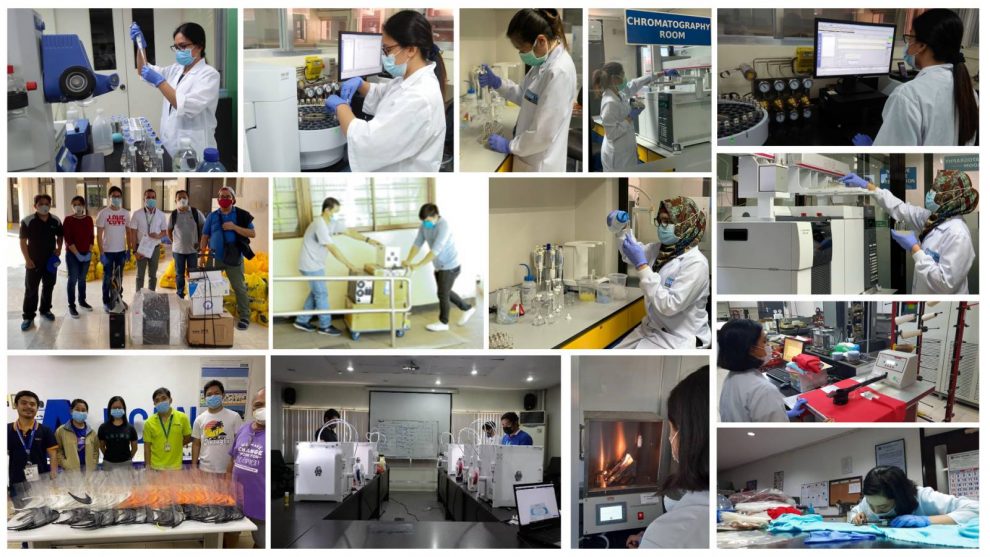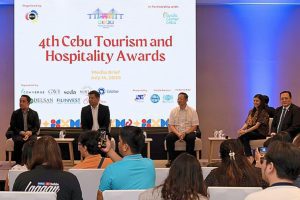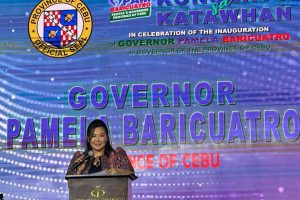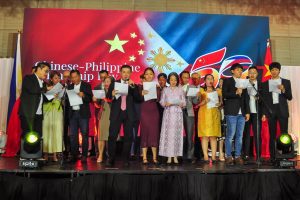MINERVA BC NEWMAN
CEBU CITY – The One-stop Laboratory Services for Global Competitiveness (OneLab) program of the Department of Science and Technology (DOST) is seeking legislative support for its institutionalization with regular funding through the General Appropriations Act (GAA) of DOST to sustain its significant gains as one of the top 10 best practices in scientific innovations in providing analytical and calibration services available in one single touch point at par with global competitiveness.
Solidum said, the OneLab program advocates its sustainability to provide testing and calibration services to over 500,000 customers. In 2012, the President instructed DOST to initiate the harmonization of testing laboratories in the country.
The challenge then was to establish a framework that will address issues on harmonization, collaboration, and interfacing among laboratories while respecting their mandates and regulatory functions. This brought about the establishment of a laboratory network known as the “One-stop Laboratory Services for Global Competitiveness (OneLab), Solidum revealed.
This led DOST to initiate a unified laboratory information management system partnered with 57 network members of local and international laboratories accredited to the international standard ISO/IEC 17025:2017 which expanded its capabilities to engage with Metrology, Rubber, Halal, Food and Drinking Water Safety, Food Innovation Centers, and SETUP, with plans to broaden laboratory services.
“As early as 2012, the DOST introduced OneLab to provide a unified network of laboratories that conduct various tests in areas such as chemical, microbiology, food, cosmetics, metals, adhesives, pesticides, furniture, cements, construction, halal, alkaloids, plastic, wood, marine products, shelf-life, dairy, textile and fabrics and more,” Solidum revealed.
DOST reported that from 2017 to 2021, OneLab has collected a total of Php724,064,255.27 equivalent to an average of Php144,812,851 fees collected annually and has since been reverted to the national treasury.
These numbers were accumulated from the 1,158,841 tests and calibrations conducted on 781,273 samples submitted to the pool of facilities. The strategy to upgrade laboratories and produce top-level laboratory personnel stems from the foreseen demand for standards and testing laboratories worldwide.
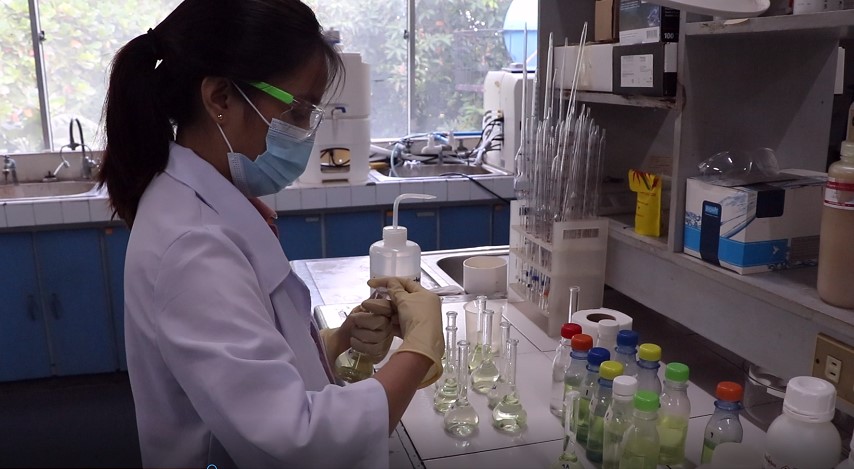
With this in mind, the program has set its direction to be smarter as a network of globally renowned laboratories distinguished for its quality, proficiency, and reliability in the provision of testing, calibration, research and development (R&D), and training services.
According to Solidum, OneLab, in its entirety, applies to the newly imposed socioeconomic agenda of the current administration which calls for digitalization through providing accessible and efficient government service.
To determine the requirements to sustain the program and execute its integrated data system is to create its roadmap to reinforce its overall strategies to enhance Human Resource, Laboratory Services, Laboratory Network, Laboratory Infrastructure and Facilities, IT Platforms, and Sustainability Strategies.
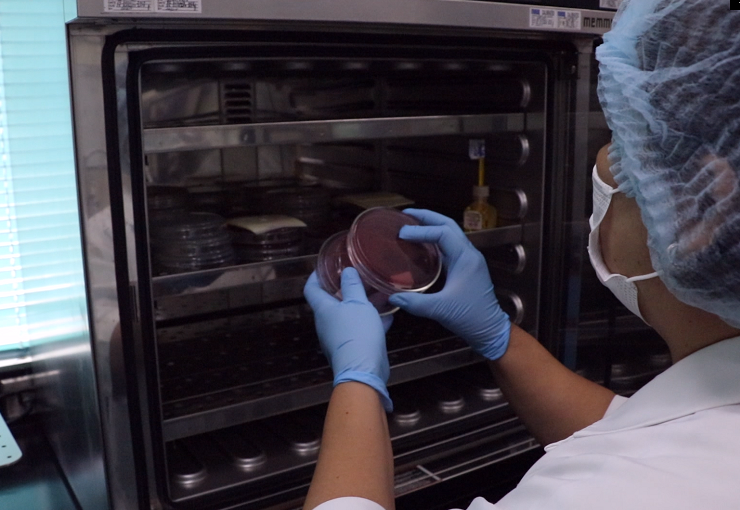
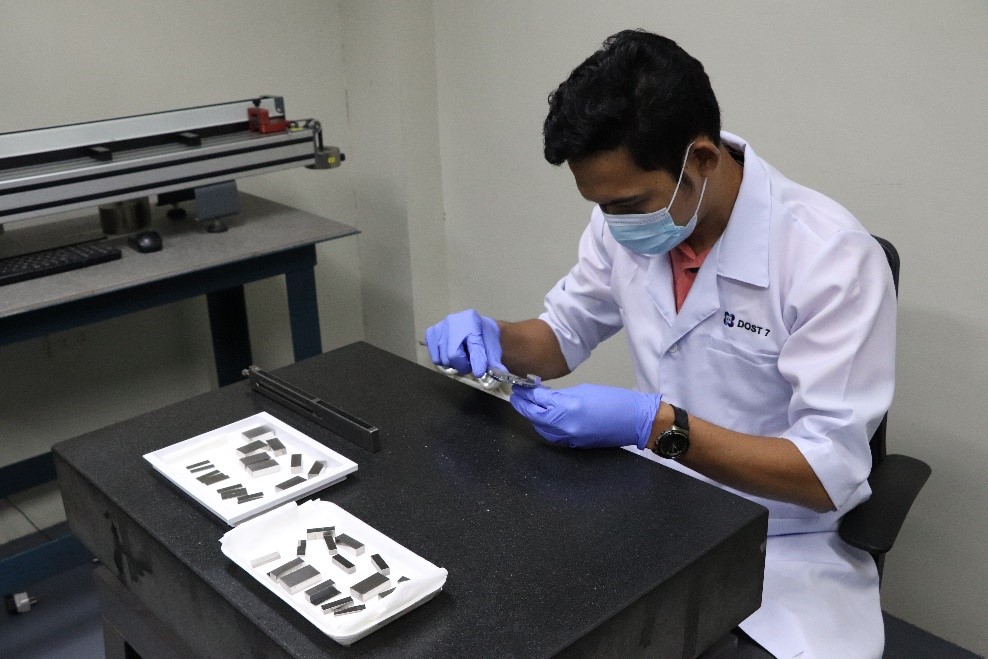
With the application of international standard testing and implementation of method validation and development, OneLab incorporates systematic processing to augment global recognition of its services. The program’s sustainability rests on its eventual institutionalization, DOST said.
The Regional Standards and Testing Laboratory (RSTL)
DOST added that prior to the OneLab program, DOST has 16 Regional Standard and Testing Laboratories (RSTL), six DOST-Research and Development Institute (RDI) laboratories, for government agencies and 19 private local laboratories and eight international laboratories as members.
The RSTL was individually operated by DOST regional offices and DOST agencies but now the network through the OneLab program uniquely facilitates the seamless laboratory transaction from sample receipt to release of test result as facilitated by the OneLab Referral System.
The RSTL is part of DOST’s maintenance and operational support but the creation and sustained operations of a network of laboratories could not yet be covered by the regular funds of DOST. It needs additional funding and support mechanisms; thus, DOST is seeking legislative endorsement for the OneLab program for its inclusion at the GAA of DOST.








